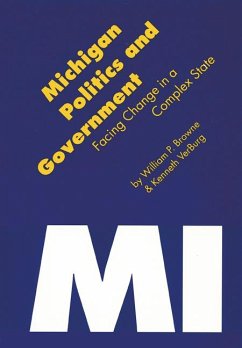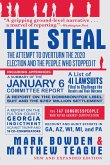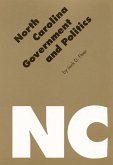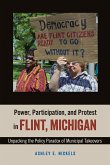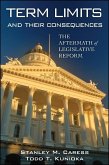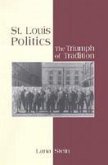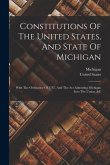Michigan, like most of the states formed from the old Northwest, originated as a state of farmers, fishermen, and lumbermen and remained so until Detroit emerged as a major industrial center at the turn of the twentieth century. The growth of the automotive industry attracted new immigrants and new politics. Republican for most of its history, Michigan became a bipartisan state with political divisions: upper versus lower peninsula, agriculture versus industry, labor versus capital, developers versus ecologists, and conflicts between races.
Hinweis: Dieser Artikel kann nur an eine deutsche Lieferadresse ausgeliefert werden.
Hinweis: Dieser Artikel kann nur an eine deutsche Lieferadresse ausgeliefert werden.

